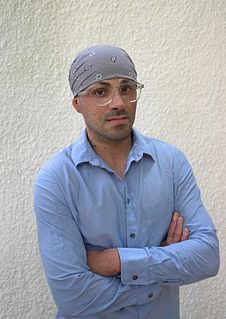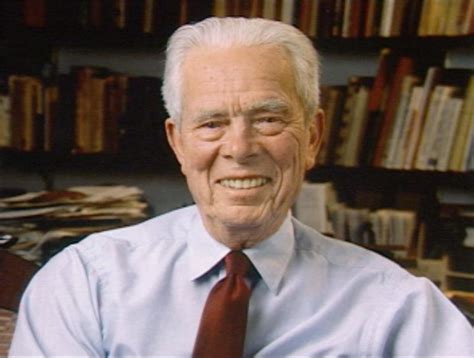A Quote by John Gardner
The primary subject of fiction is and has always been human emotion, values, and beliefs.
Related Quotes
What I found interesting in dance is the idea that my work has always been dealing with the nervousness between the human subject as a subject and the human subject as a form. And if you look at my dance films, there are always these cuts between the dancer as a form, the dancer as a subject, and this kind of very harsh treatment of the dancer as someone who's actually drawing with their body.
Wherefrom are human values to be derived and how are they to be developed? Human values are born along with human birth. They exist in union. Unfortunately, man today separates himself from human values and yet wants to live as a human being. To recover human values, man has to take the spiritual path.
The brain is a stubborn organ. Once its primary set of beliefs has been established, the brain finds it difficult to integrate opposing ideas and beliefs. This has profound consequences for individuals and society and helps to explain why some people cannot abandon destructive beliefs, be they religious, political or psychological.
Until recently we’ve only been able to speculate about story's persuasive effects. But over the last several decades psychology has begun a serious study of how story affects the human mind. Results repeatedly show that our attitudes, fears, hopes, and values are strongly influenced by story. In fact, fiction seems to be more effective at changing beliefs than writing that is specifically designed to persuade through argument and evidence.
Novels shouldn’t aspire to answer questions, and I wouldn’t presume to offer advice about love or marriage in any case. What’s fascinating to me about marriage as a subject for fiction—a subject that fiction has taken on with gusto since the 19th century—is how unknowable other people’s relationships are. Even the marriages of your parents, your siblings, your closest friends always remain something of a mystery. Only in fiction can you pretend to know people completely.
Science fiction, because it ventures into no man's lands, tends to meet some of the requirements posed by Jung in his explorations of archetypes, myth structures and self-understanding. It may be that the primary attraction of science fiction is that it helps us understand what it means to be human.
Practise any one of the human values. Prema (love) is the basis for all the values. Action with love is right conduct. Speak with love and it becomes truth. Thinking with love results in peace. Understanding with love leads to non-violence. For everything love is primary. Where there is love there is no place for hatred.
Our beliefs about ourselves in relation to the world around us are the roots of our values, and our values determine not only our immediate actions, but also, over the course of time, the form of our society. Our beliefs are increasingly determined by science. Hence it is at least conceivable that what science has been telling us for three hundred years about man and his place in nature could be playing by now an important role in our lives.
We can be confident that action which is in accord with a few basic beliefs cannot be wrong and can at least testify to the values we will need to cultivate. These are the beliefs that the human race is a family that has inherited a place on the earth in common, that its members have an obligation to work toward sharing it so that none is deprived of the elementary needs for life, and that all have a responsibility to leave it undegraded for those who follow.






































